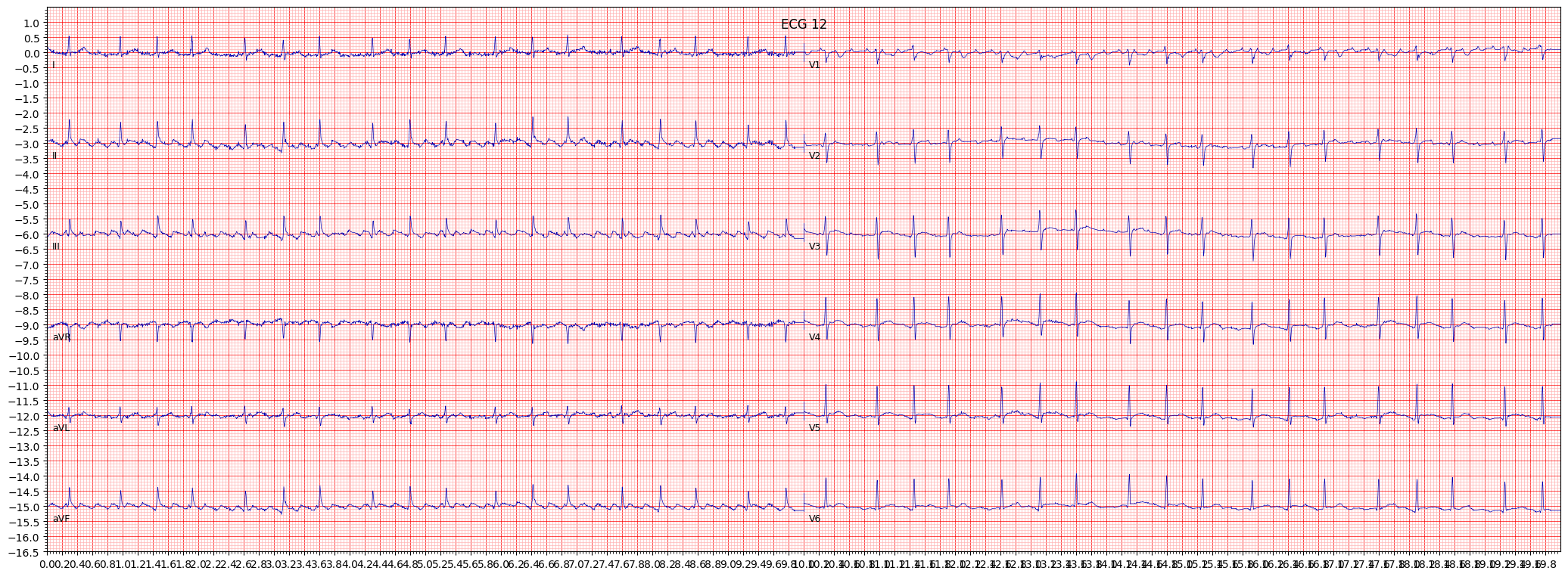atrial futter (AFLT)
Atrial flutter (AFL) is a type of heart arrhythmia that occurs when the atria, the two upper chambers of the heart, beat too quickly and in a regular pattern. This can result in poor blood flow and oxygenation to the body, and increase the risk of stroke and other cardiovascular conditions.
Common symptoms of AFL include palpitations, shortness of breath, chest pain, weakness, fatigue, and dizziness. However, some individuals may not experience any symptoms.
When reviewing an ECG for AFL, it is important to pay attention to the presence of sawtooth-shaped flutter waves in the P wave, which indicate the regular atrial contractions. Other things to pay attention to include the presence of regular QRS complexes, the heart rate, and the morphology of the QRS complexes.
- Look for sawtooth-shaped flutter waves in the P wave
- Check for the presence of regular QRS complexes
- Observe the heart rate
- Examine the morphology of the QRS complexes
If AFL is suspected, further testing such as echocardiography or cardiac MRI may be recommended to evaluate the structure and function of the heart. Treatment may include medications to control the heart rate and rhythm, cardioversion to reset the heart rhythm, or catheter ablation to destroy the tissue that is causing the arrhythmia.
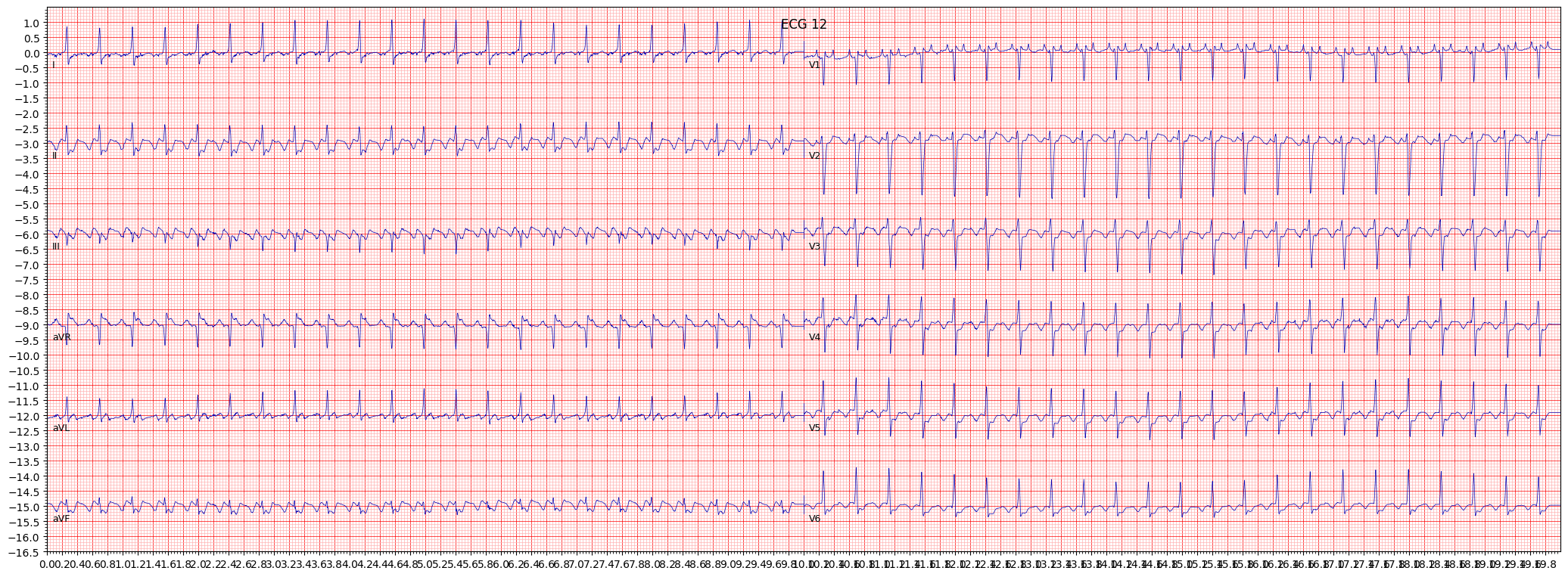 example 2:
example 2:
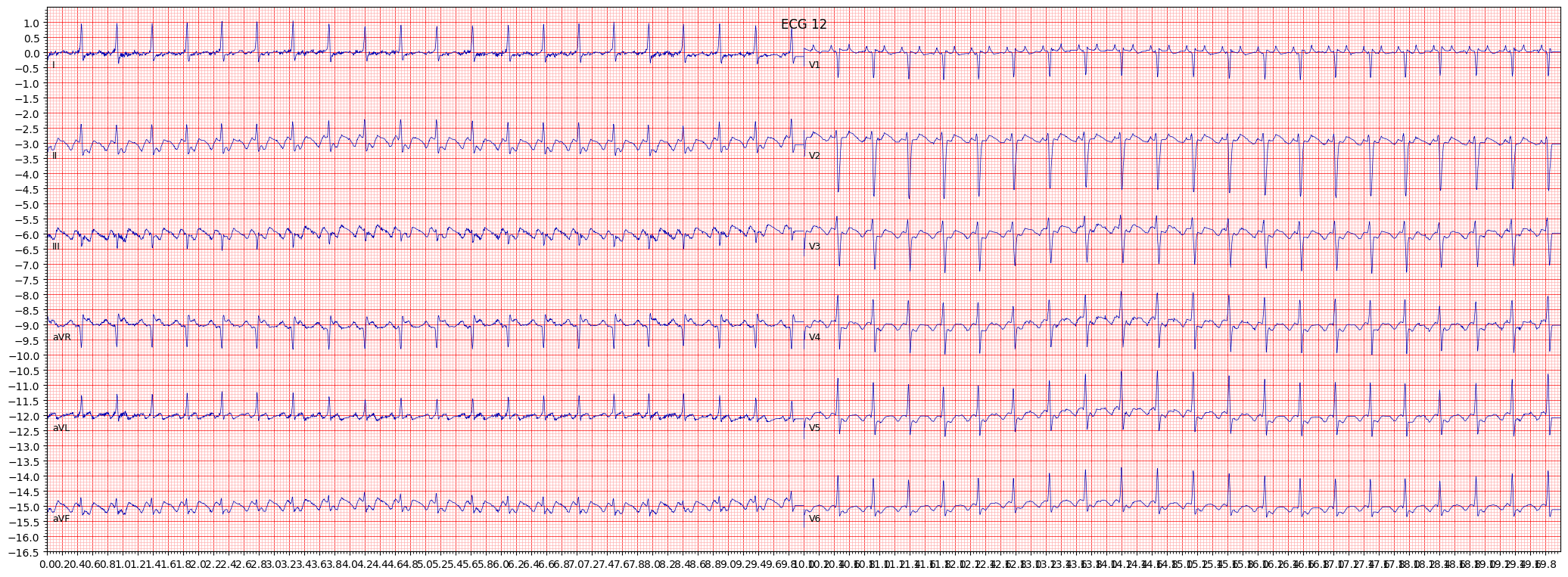 example 3:
example 3:
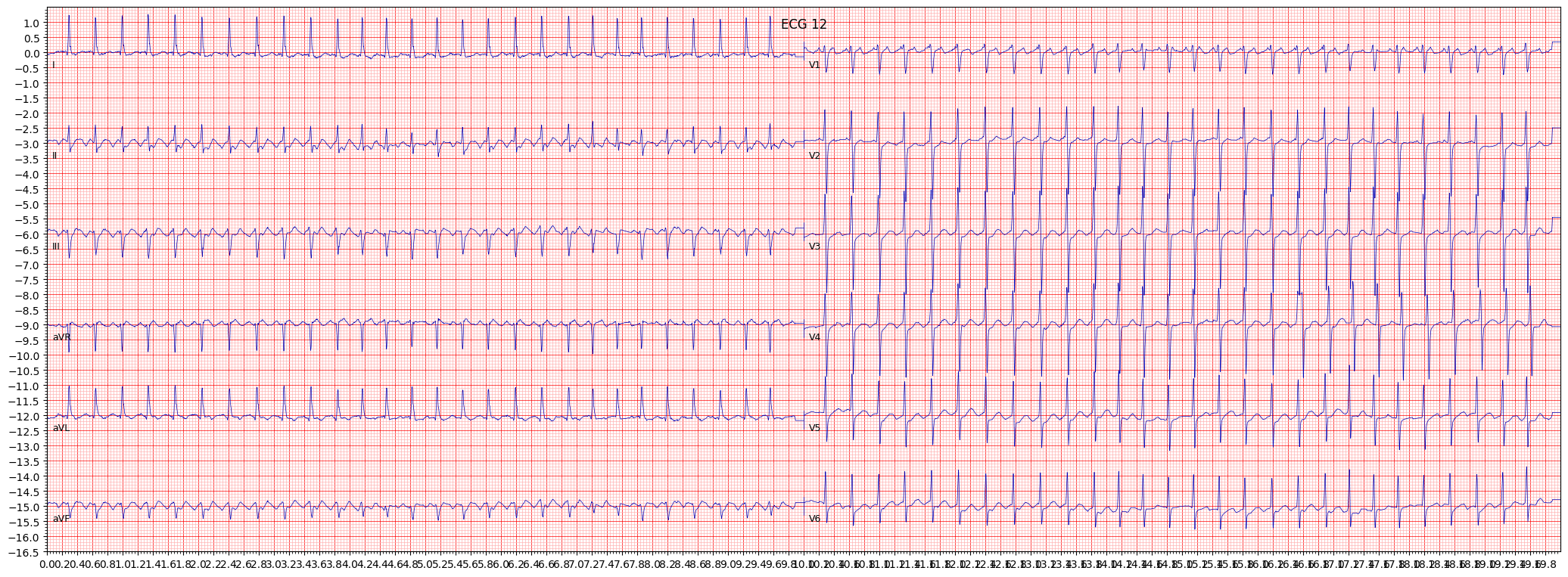 example 4:
example 4:
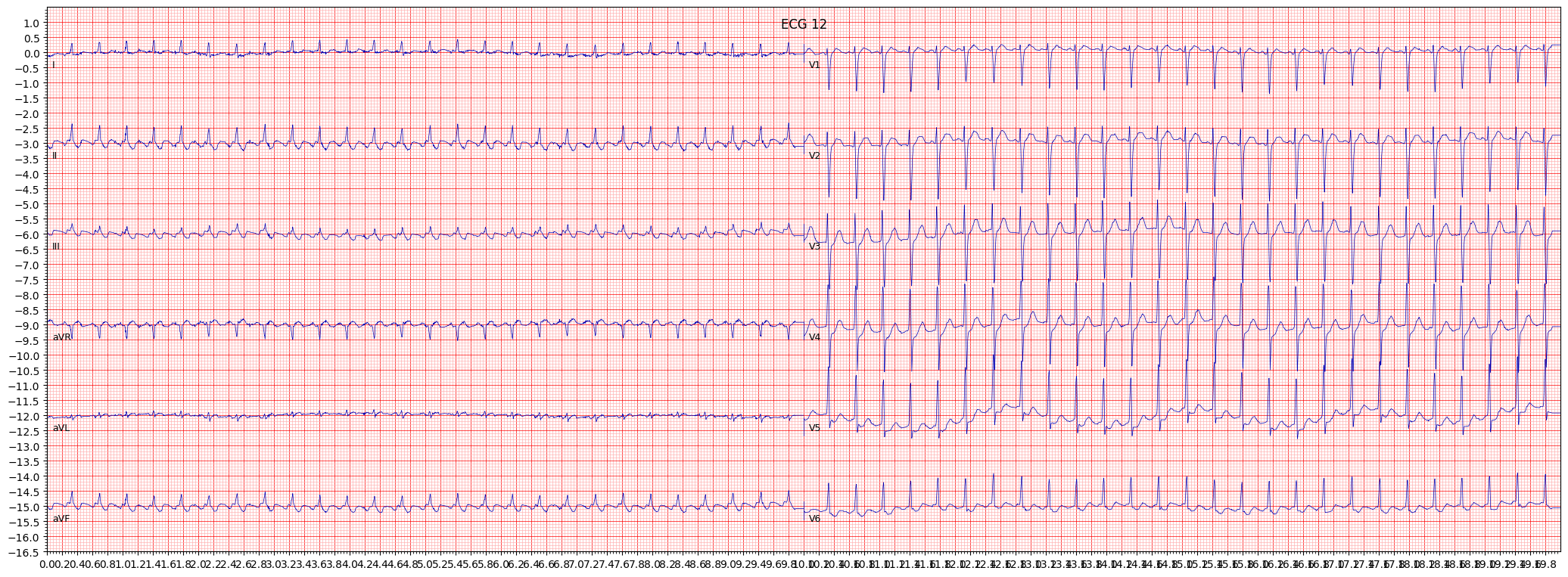 example 5:
example 5:
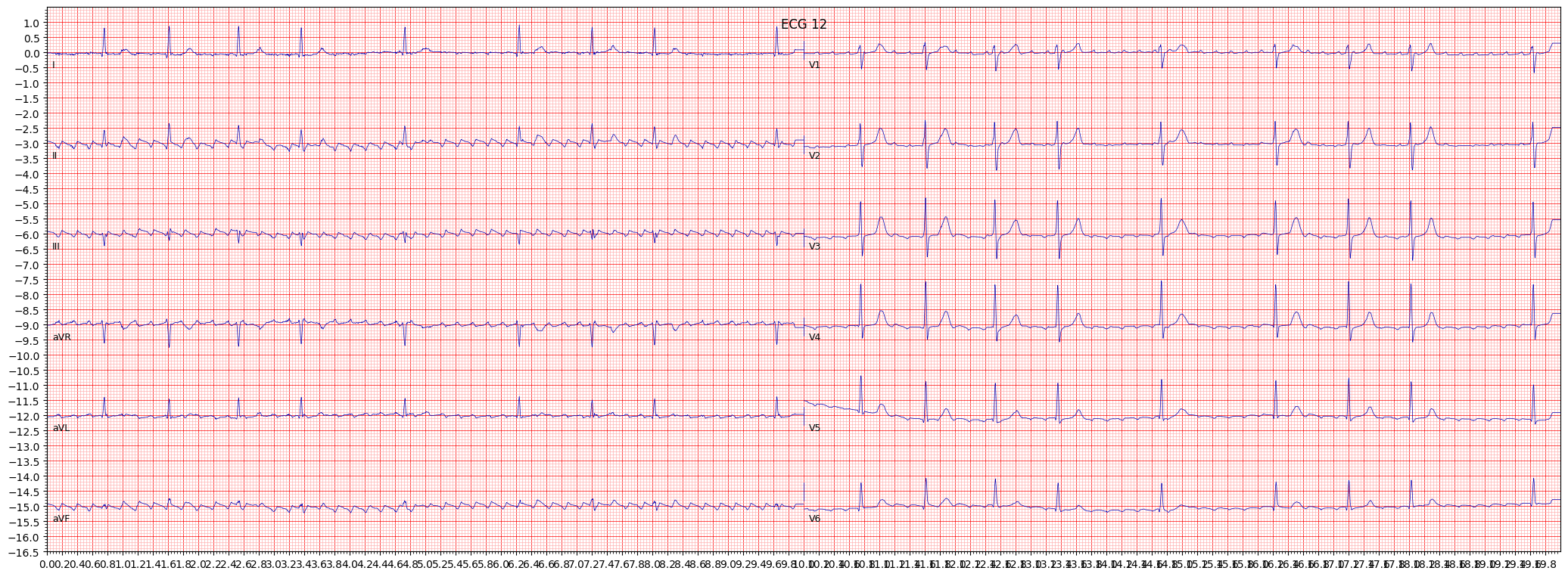 example 6:
example 6:
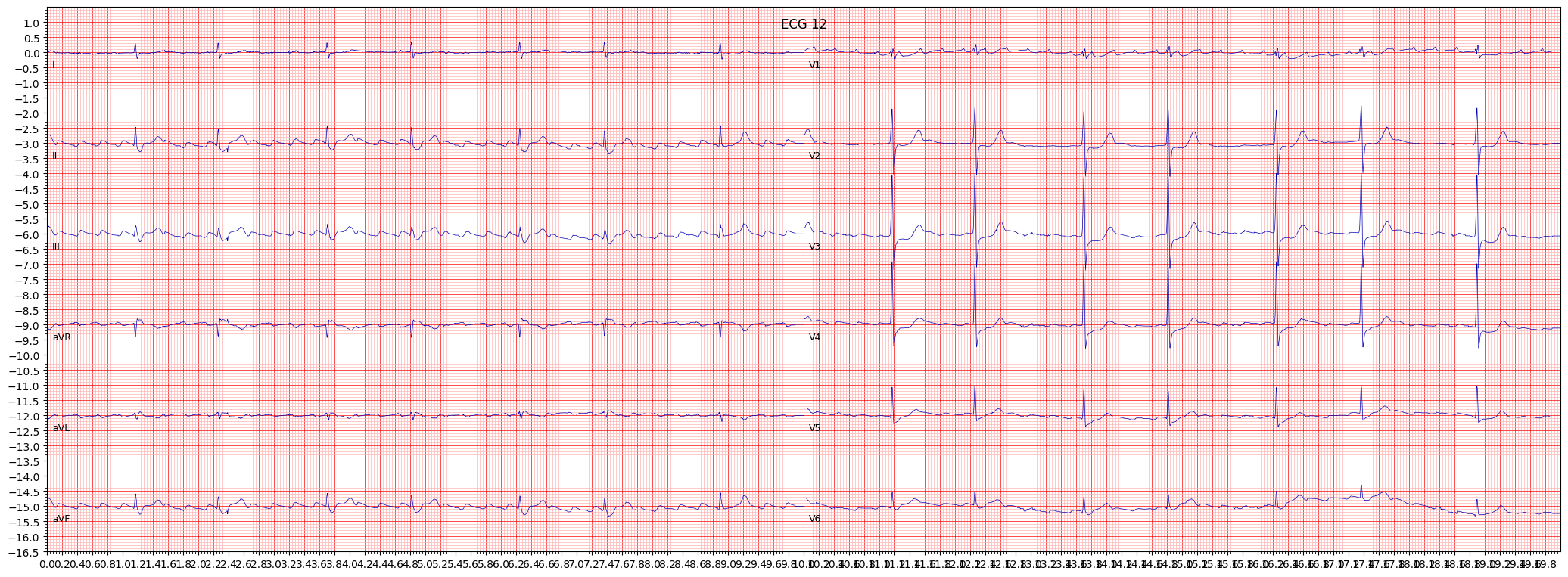 example 7:
example 7:
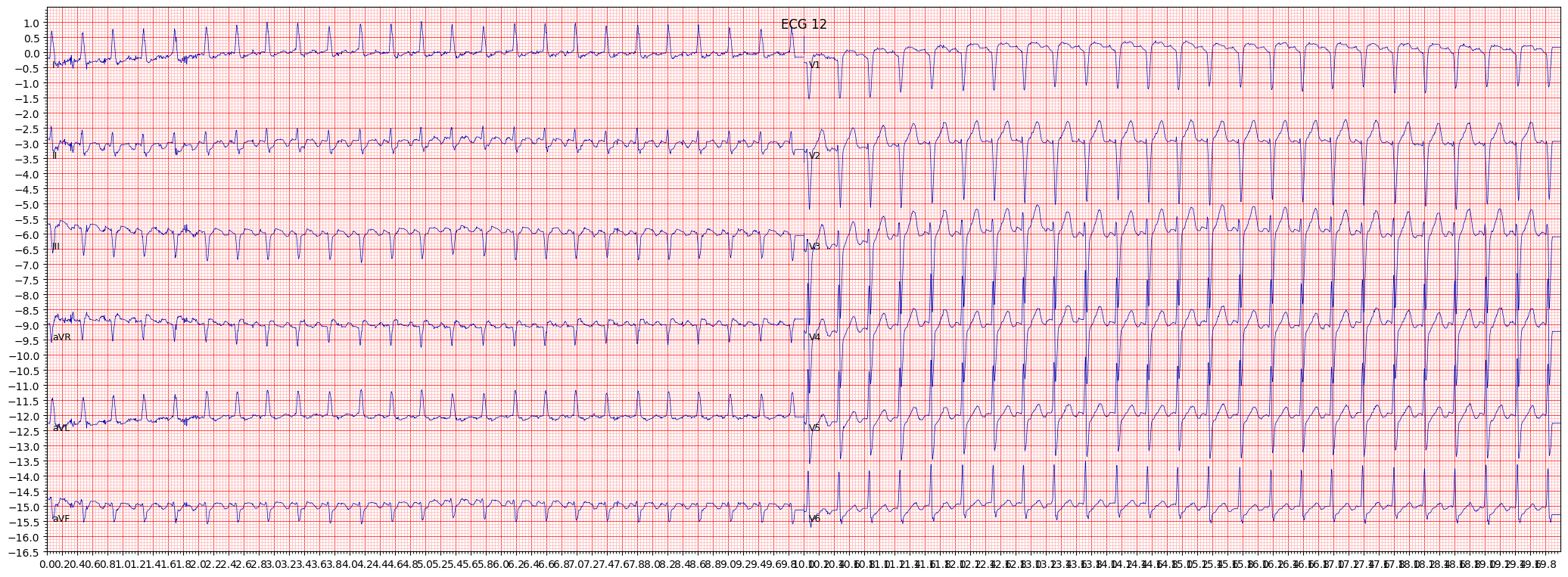 example 8:
example 8:
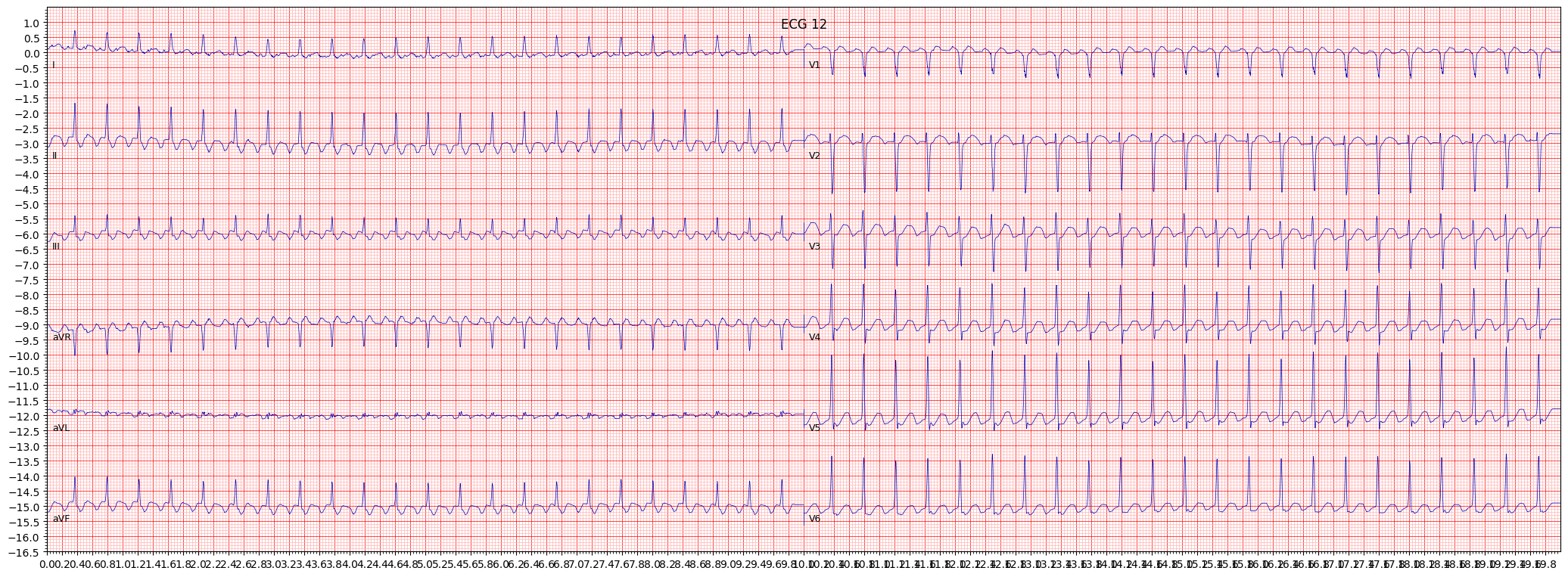 example 9:
example 9:
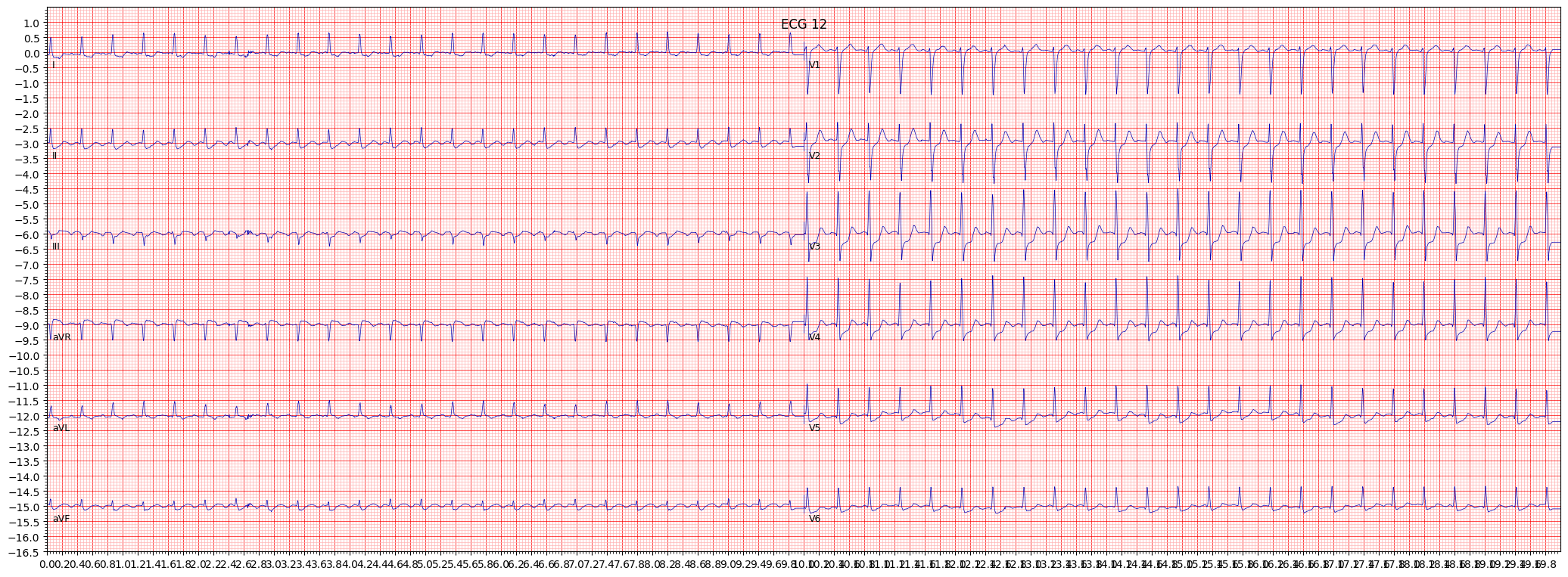 example 10:
example 10:
